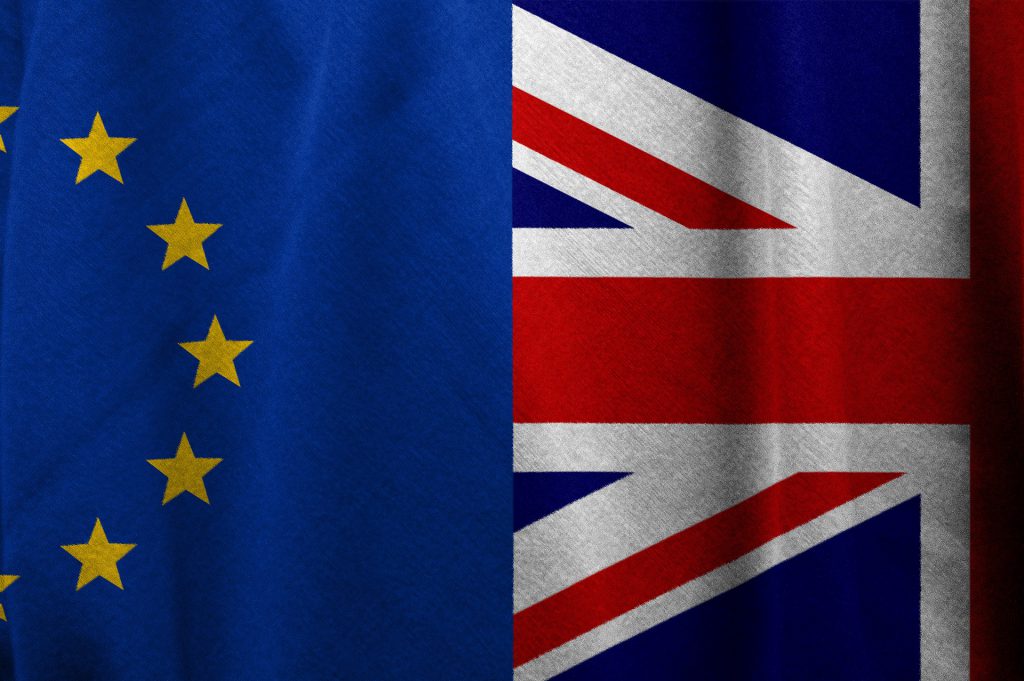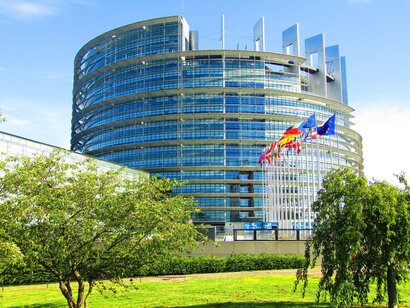Could the Brexit deal influence UK and EU chemicals policies?
https://www.stefanscheuer.eu/wp-content/themes/osmosis/images/empty/thumbnail.jpg 150 150 ioana bere ioana bere https://secure.gravatar.com/avatar/2f1488215f0e5e2381f544cefcef2dc7?s=96&d=mm&r=g“While the EU and UK are currently largely aligned, it is clear […] that the status quo will fall away at some stage”, according to a report by the European Scrutiny Committee in the House of Commons.
It states this is mainly due to the EU chemicals strategy, which will take forward a series of important changes to the EU chemicals regime.

The report considers it plausible that changes in chemicals regulation could have a material impact on trade and investment. This is an important aspect, as the level playing field mechanisms in the Brexit deal (e.g. rebalancing) require such a material impact to initiate legal action on a given standard divergence. To prevent legal proceedings, the two parties have to avoid significant regulatory divergence.
The Brexit deal could therefore become a factor in determining EU and UK chemicals policies. That is even more true for the UK, as the EU has been the first-mover on chemicals policies, with the publication of its Chemicals Strategy for Sustainability in October 2020. The UK has to keep pace to avoid opening a significant regulatory gap.
Northern Ireland would also have to follow many of the changes announced in the EU chemicals strategy, especially those relating to EU REACH (which Northern Ireland is obliged to implement under the Withdrawal Agreement). If the UK does not keep pace with EU developments, the House of Commons’ report says it might lead to a situation where a chemical is deemed safe in Great Britain, but unsafe in the EU and Northern Ireland.
House of Commons, European Scrutiny Committee, report (17 February 2021)






